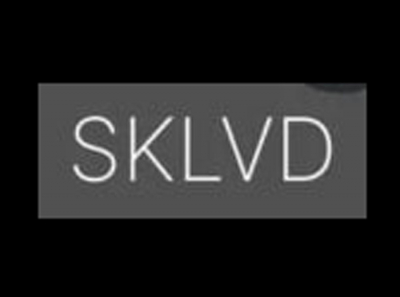Exploring the Dynamics and Potential of Biosensors in Shaping Tomorrow's Healthcare Landscape
As the healthcare industry continues its relentless pursuit of innovative solutions, biosensors emerge as a beacon of promise, revolutionizing diagnostics and monitoring. With projections foreseeing a staggering value of USD 63.07 billion by 2032, biosensors are poised to redefine the standards of patient care and disease management. Let's delve into the intricacies of this burgeoning market and uncover the transformative potential that biosensors hold.
Innovative Applications Fueling Market Expansion
The exponential growth of the biosensors market is underpinned by its diverse applications across various sectors, including healthcare, food industry, environmental monitoring, and biodefense. In healthcare, biosensors offer real-time, non-invasive monitoring of physiological parameters, enabling timely interventions and personalized treatment strategies. From glucose monitoring for diabetics to wearable devices tracking cardiac activity, biosensors are empowering individuals to take charge of their health like never before.
Technological Advancements Driving Market Adoption
A synergy of technological advancements, such as nanotechnology, microfluidics, and Internet of Things (IoT), is propelling the evolution of biosensors. Miniaturization and integration of sensors with wireless communication facilitate seamless data collection and transmission, enhancing accessibility and usability. Furthermore, the advent of point-of-care testing (POCT) devices equipped with biosensors enables rapid and accurate diagnostics at the patient's convenience, reducing healthcare costs and improving outcomes.
Addressing Emerging Healthcare Challenges
In an era characterized by an aging population and escalating healthcare demands, biosensors offer a paradigm shift in disease management. By facilitating early detection of diseases and continuous monitoring of patient vitals, biosensors empower healthcare professionals to deliver proactive and personalized care. Moreover, the integration of artificial intelligence (AI) algorithms enhances the predictive capabilities of biosensors, paving the way for preventive healthcare interventions and precision medicine approaches.
Navigating Regulatory and Ethical Considerations
Despite their transformative potential, biosensors encounter regulatory hurdles and ethical dilemmas that warrant careful consideration. Ensuring the safety, accuracy, and reliability of biosensor technologies is paramount to their widespread adoption in clinical settings. Additionally, safeguarding patient privacy and data security amidst the proliferation of digital health technologies remains a pressing concern. Collaborative efforts between industry stakeholders, regulatory bodies, and ethicists are imperative to establish robust frameworks that uphold the integrity and ethical use of biosensors.
Global Collaborations and Partnerships Fostering Innovation
The landscape of biosensor development is characterized by collaborative endeavors and strategic partnerships among academia, industry, and government agencies. By leveraging interdisciplinary expertise and resources, stakeholders foster innovation and accelerate the translation of research findings into practical applications. Collaborative initiatives such as open innovation platforms and consortia facilitate knowledge exchange, promote standardization, and expedite regulatory approvals, thus catalyzing the growth of the biosensors market.
Embracing the Era of Biosensor Revolution
As we stand at the cusp of a biosensor revolution, the journey towards realizing its full potential is paved with opportunities and challenges alike. By harnessing the power of innovation, collaboration, and responsible stewardship, biosensors hold the key to unlocking transformative advancements in healthcare delivery, disease management, and wellness promotion. As stakeholders unite in their commitment to harnessing biosensor technologies for the greater good, we embark on a path towards a future where precision, efficiency, and empowerment converge to redefine the boundaries of healthcare excellence.
Embracing the Era of Biosensor Revolution
The biosensors market is poised for unprecedented growth, with projections indicating a value of USD 63.07 billion by 2032. This meteoric rise is fueled by innovative applications, technological advancements, and a collaborative ecosystem driving transformative change across industries.
In healthcare, biosensors are revolutionizing diagnostics, monitoring, and personalized treatment strategies, empowering individuals to proactively manage their health. Technological innovations, including miniaturization, wireless connectivity, and AI integration, are enhancing the accessibility and effectiveness of biosensor devices.
However, the journey towards realizing the full potential of biosensors is not without challenges. Regulatory considerations, ethical dilemmas, and data privacy concerns demand careful navigation and collaborative solutions. By fostering global collaborations and partnerships, stakeholders can accelerate innovation, streamline regulatory processes, and uphold ethical standards.
As we embrace the era of biosensor revolution, we embark on a path towards a future where precision medicine, proactive healthcare interventions, and empowered individuals converge to redefine the landscape of healthcare excellence. With dedication, innovation, and responsible stewardship, biosensors hold the promise of transforming the way we monitor, diagnose, and treat diseases, ultimately improving patient outcomes and enhancing quality of life for generations to come.








